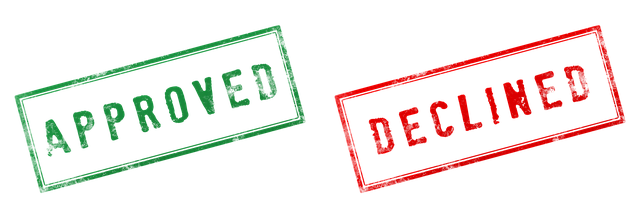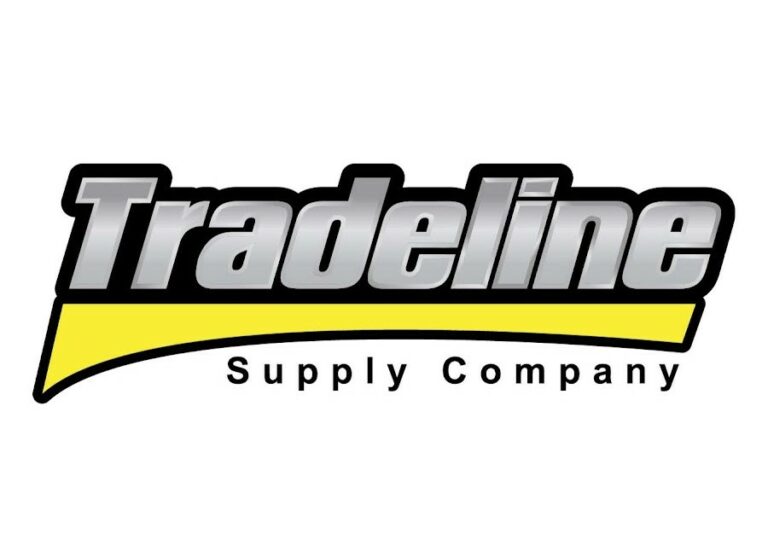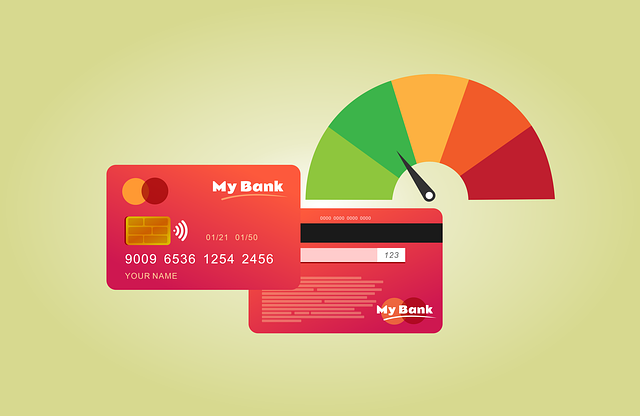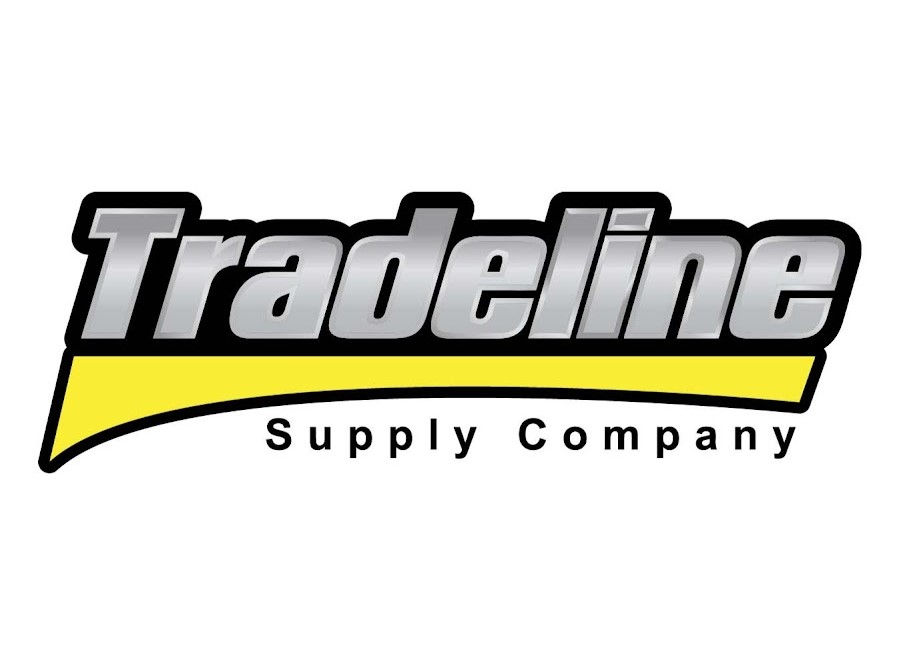What are SBA Lines of Credit?
Most people think of traditional term loans when they think of SBA loans. But the SBA loan program also provides access to business lines of credit through CAPLines of credit, part of the 7(a) loan program, which is the most common and most popular SBA program and includes SBA express loans.
The US Small Business Administration (SBA) regulates and oversees the SBA loan program. It does not approve applications, nor does it provide funding. Instead, small b usiness owners apply to one of three lending institutions: a commercial bank, a credit union, or an alternative business financing facilitator, like United Capital Source (UCS).
The SBA sets the rules for SBA loans, including setting a maximum cap on interest rates and fees. In addition, the government agency partially guarantees SBA loans up to 85%. With SBA-guaranteed loans, lenders can offer more significant borrowing amounts at lower interest rates and longer repayment terms.
As a part of the 7(a) loan program, CAPLines of credit have a maximum credit limit of $5 million. The actual line of credit you’ll receive depends on your creditworthiness, business financials, business needs, and your available collateral.
A business line of credit works like a credit card. You get an available pool of cash, defined by the credit limit, which you can pull funds from as needed.
You only pay back what you draw against the line of credit plus any interest. It’s ideal for accessing working capital when the business need arises.
The SBA provides both fixed lines of credit and revolving lines of credit. With a fixed line of credit, the available credit limit decreases when you draw funds but does not replenish when you repay.
A revolving line of credit does replenish as you pay it back. For example, if you have a $50,000 line of credit and draw $10,000, your available credit reduces to $40,000. If you pay back $5,000 plus interest, your available credit goes up to $45,000.
What are the different Lines of Credit available?
There are four main CAPLines of credit available and an Express line with a maximum borrowing amount of $1 million.
Seasonal CAPLine
The seasonal line of credit provides business owners with working capital as they need it throughout the year. A business could use the funds for off-season periods, but it’s most often used to ramp up inventory and other costs during busy seasons.
The terms for the Seasonal CAPLine go up to 10 years. You can use your business’s accounts receivable or inventory as collateral. You might also have to sign a personal guarantee. The line of credit can be revolving or fixed.
Contract CAPLine
This CAPLine is intended only for contractors to fund costs related to fulfilling a specific contract. Contractors can use the funds to cover overhead costs, administrative costs, or general expenses as long as they pertain to the project.
If you use the funds for a contract, you must repay the invoice amount to the lender when the client pays the invoice. Terms for Contract CAPLines go up to ten years and can be fixed or revolving.
You cannot use Contract CAPLines for the following:
- Permanent working capital.
- Purchasing fixed assets like equipment and machinery.
- Paying overdue taxes or refinancing business debt.
- Financing contracts that are significantly underway.
- Financing another contract.
- Change of ownership for floorplan financing.
- Covering a markup or profit.
Working CAPLine
The working capital CAPLine provides short-term financing to cover everyday expenses like payroll or rent. The credit limit you receive is based on your business’s daily sales cycle and available collateral. Working CAPLines are revolving, and terms go up to ten years.
Builder’s CAPLine
As its name implies, the builder’s line of credit is for construction contractors working on residential or commercial buildings. The asset you use the line of credit to build acts as the collateral for the loan.
The business must repay the amount it borrowed for the building project upon selling the building or within 36 months, whichever comes first. The line is available as either revolving or fixed, and terms go up to five years.
What are the costs of SBA Lines of Credit?
CAPLines of credit maximum interest rates follow the same pattern as any SBA 7(a) loan, where it’s tied to the prime rate plus the lender’s spread. The following are the maximum amounts lenders can charge. Your actual rate will depend on the lender, your business, and your creditworthiness.
Lines of credit with a maturity under 7 years:
- Under $25k: Prime + 4.25%.
- Between $25k-$50k: Prime + 3.25%.
- Over $50k: Prime + 2.25%.
Lines of credit with a maturity over 7 years:
- Under $25k: Prime + 4.75%.
- Between $25k-$50k: Prime + 3.75%.
- Over $50k: Prime + 2.75%.
Like other SBA loans, there is also a fee for the guaranteed portion of the loan. The guarantee fee works as follows:
- 2% for CAPLines of $150,000 or less.
- 3% for CAPLines between $150,001 and $750,00.
- 3.5% for CAPLines over $750k + an additional 3.5% for the guaranteed amount over $1 million.
How do I qualify for an SBA Line of Credit?

To qualify, you must meet the SBA’s basic eligibility criteria and the specific program requirements. In addition, the lender might have specific qualifications.
SBA Basic Eligibility
To be eligible, a business must:
- Be a for-profit business.
- Operate and be physically located in the US or its territories.
- Meet the small business size standards as defined by the SBA.
- Have the cash flow to handle loan repayments.
- Not be eligible for or receiving loan funds elsewhere.
CAPLine Program Requirements
- Seasonal CAPLine: You must have at least one year in business and be able to demonstrate seasonality.
- Contract CAPLine: Your business must have a history of completing contracts, the ability to fulfill new contracts, and be profitable.
- Builder’s CAPLine: You must be a contractor and have a proven track record of successfully bidding on completing projects, including renovations.
- Working CAPLine: Your business must have inventory or accounts receivable.
Lender Qualifications
Each lender sets its own personal credit score, time in business, and annual revenue thresholds. Approved businesses we work with here a UCS typically meet the following qualifications:
- Credit score of 650+.
- At least two years in business.
- Annual revenue of $350k+.
How do I apply for SBA Lines of Credit?
United Capital Source can help you apply to an SBA-approved lender following these steps.

Step 1: Ensure You Qualify
You’ll need a credit score between 650-700 and a healthy, consistent cash flow. How you intend to use the money plays a significant role as well. You’ll need a detailed plan of how the funds will help you invest in and grow the business.
Step 2: Gather Your Documents
Be prepared to provide:
- Driver’s License.
- Business license or certificate.
- Voided Business Check (for business bank account information).
- Bank Statements.
- Credit Report/Statement of Personal Credit History.
- Business Tax Returns.
- Credit Card Processing Statements.
- Personal Tax Returns – 3 Years.
- Business Tax Returns – 3 Years.
- Business Plan (Not in all cases).
- Personal Financial Statement.
- List of Real Estate Owned or Business Leases if applicable.
- Debt Schedule/Loan/Rent/Lease Documentation
- Deeds/Title/Ownership documentation for any collateral/Security
- Current Profit & Loss Statements and Balance Sheet Year-to-Date
- A/R and A/P Reports
- United Capital Source 1 Page Application
Step 3: Fill out the application
You can begin the application process by calling us or filling out our one-page online application. Either way, you’ll be asked to enter the information from the previous section along with your desired funding amount.
Step 4: Speak to a representative
Once you apply, a representative will reach out to you to explain the repayment structure, rates, and terms of your available options. This way, you won’t have to worry about any surprises or hidden fees during repayment.
Step 5: Receive approval
SBA Loans through our network generally take 3-5 weeks to process. Once approved and your file is closed, funds should appear in your bank account in a few business days.
What are the advantages of SBA Lines of Credit?
As part of the SBA loan program, CAPLines of credit offer high borrowing amounts, low interest rates, and longer repayment terms than most business lines of credit. The SBA guarantee reduces the risk for lenders.
The business owner only borrows – and repays – the funds needed to support the business. The flexibility allows companies to use the funds for a more targeted approach to solving business needs.
Business lines of credit are great for funding unexpected challenges or new opportunities. Since you can draw the funds instantly, you’ll always have cash available to meet business needs.
The CAPLines program offers four different business-specific lines. That makes it easier to find the right business lines of credit to support your growth within your industry.
What are the disadvantages of SBA Lines of Credit?
All SBA loans and financing packages carry high approval requirements. In addition to meeting SBA eligibility, you must also qualify with the lender. Most SBA-approved lenders have high credit score requirements.
While some business lines of credit are available as unsecured financing, all CAPLines of credit require collateral and personal guarantee. You must also demonstrate your business need for the specific CAPLine product.
SBA Lines of Credit Pros & Cons
Pros:
- High borrowing amounts – up to $5 million.
- Both revolving lines and fixed lines of credit are available.
- Low interest rates – follows the same rates as all SBA 7(a) loans.
- The SBA partially guarantees CAPLines of credit.
- Long repayment terms and limited fees.
- There’s a program available for most small business needs.
Cons:
- Lengthy application and approval time.
- Requires extensive paperwork.
- Requires collateral and personal guarantee.
- Must demonstrate a business need for the specific line of credit.
Frequently Asked Questions
Here are the most common questions about SBA lines of credit.
Is an SBA Line of Credit right for my business?
If your business can handle the rigorous application process and long funding time, SBA CAPLines of credit are the most advantageous business line of credit available.
However, some businesses prefer lines of credit over traditional term loans because of the fast funding time and low approval requirements.
If you need the money sooner or don’t meet SBA lender requirements, a different line of credit or business financing product would be the better option.
Are there other SBA business financing products?
Yes, the CAPLine of credit program is just one form of available SBA loan programs. Other options include:
- SBA 7(a) Loans.
- SBA Express Loan Program.
- SBA Export Express Loans.
- SBA 504 Loans (aka SBA CDC/504 Loans).
- SBA Microloans
- SBA Disaster Relief Loans.
- SBA Export Loans.
What are my other Business Line of Credit options?

Business lines of credit remain one of the lesser-known small business financing options, but they are growing in popularity. Advancements in financial technology (fintech) and the growth of alternative online lenders give business owners more options than ever to finance their companies.
Some business lines of credit are available to borrowers with a credit score of 550 and can get funded in 1-3 business days. You can apply for a non-SBA business line of credit with United Capital Source or research other options available.
In addition to business lines of credit, you may also consider one of the following small business loans:
- Working capital loans.
- Equipment financing.
- Merchant cash advance.
- Accounts receivable factoring.
- Revenue-based financing.
- Business term loans.
If you’re a business owner with poor credit, we have some bad credit business loan options available as well.
SBA Lines of Credit – Final Thoughts
CAPLines of credit offer some of the lowest financing costs and most favorable terms of any business credit product. The drawback is that it’s challenging to qualify and takes a long time to get approval and fund the line of credit.
While other business lines of credit might have higher costs and lower borrowing amounts, they have shorter applications and much faster funding times. However, it is the best business line of credit option if you can deal with the application process and wait for the funds.
Contact us if you have any questions about CAPLines of credit or are ready to apply. Our loan executives can help you find the right financing package for your business.











